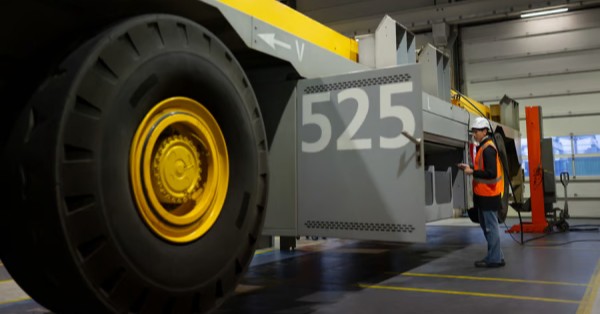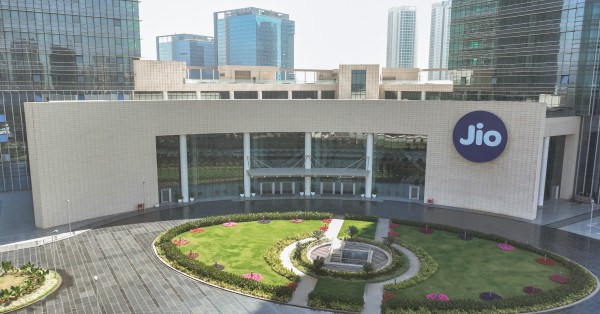India has proved its capabilities with a homegrown 4G/5G tech stack and is now ready to become a telecom technology provider across the world in a few years’ time. India’s Union minister of railways, communications and electronics, and IT, Ashwini Vaishnaw, announced this at the Economic Times Global Business Summit (GBS) 2023.
On October 1, 2022, the 5G services were launched and, within a span of only 100 days, were rolled out in even more than 200 cities. The sheer speed of this rollout has earned worldwide acclaim from industry leaders everywhere and is being praised as “the world’s fastest deployment” at many international conferences.
Mr. Vaishnaw emphasized the population-level solutions being tested on India’s stack across essential platforms such as payments, healthcare, and identity. Considered individually, each of these platforms is incredibly effective; however, when combined, they become an unstoppable force with the potential to solve major issues in the world.
The minister declared that India is poised to become a leading exporter of telecom technology in the world in just three years’ time. Vaishnaw proclaimed, “Currently, we have two Indian companies exporting telecommunications products globally, but soon enough, within the next 3-year period, India will be viewed as an international leader when it comes to providing telecom technology.”
The Minister proudly shared the incredible progress India has made in developing its own 4G and 5G technology stack, garnering worldwide attention. “Our stack is ready to go: it began with 1 million simultaneous calls as a trial period, then escalating to 5 million before finally reaching 10 million successful tests,” he declared triumphantly, lauding this “phenomenal success.” He further added that at least 9 to 10 countries are eager to try it out.






























